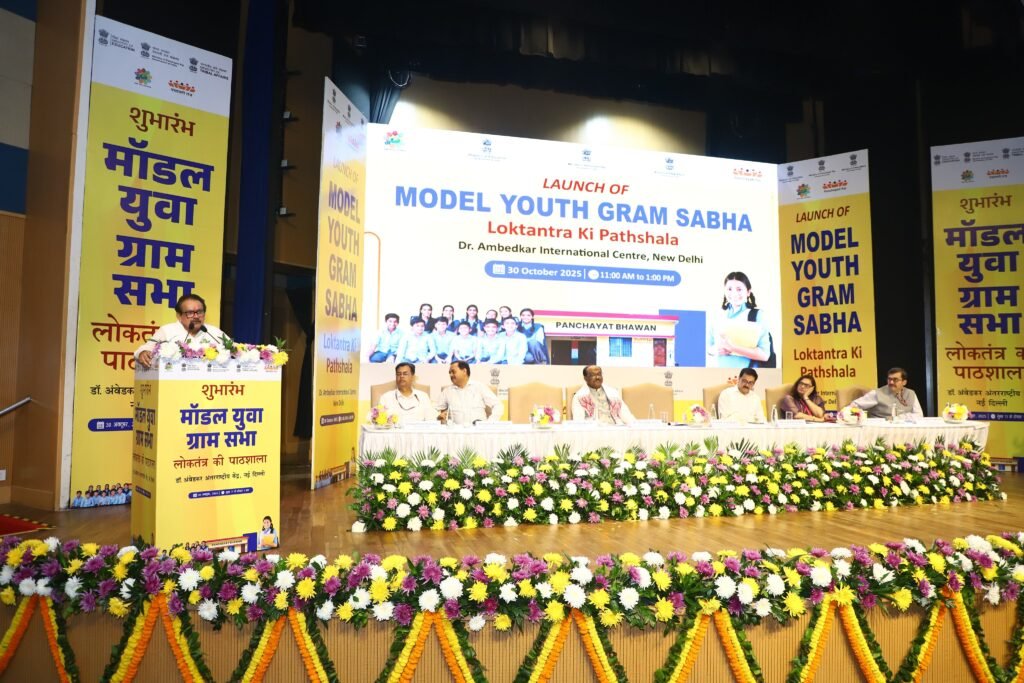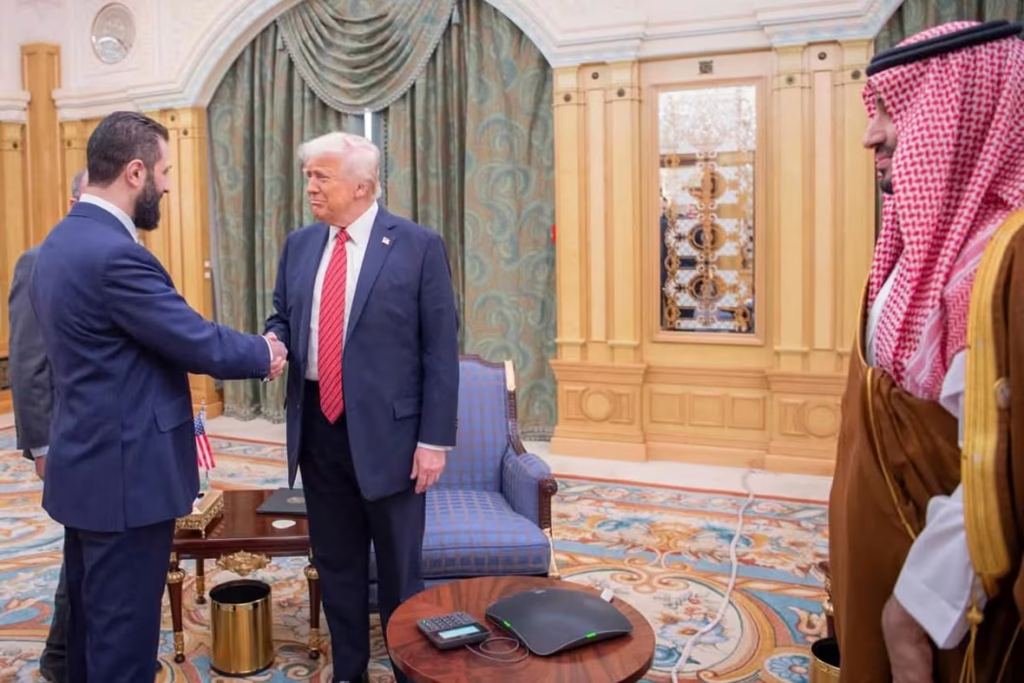India’s Model Youth Gram Sabha (MYGS) stands as a groundbreaking initiative aimed at shaping the future of rural governance by directly engaging the country’s youth in democratic processes at the grassroots level. Launched by the Ministry of Panchayati Raj in collaboration with the Ministries of Education and Tribal Affairs, MYGS introduces a school-based simulation of Gram Sabha proceedings, allowing students to gain hands-on experience in local self-governance. This initiative marks an unprecedented effort to build civic awareness, foster leadership skills, and cultivate a deep understanding of participatory democracy among young Indians.
The Essential Framework of MYGS
MUYS replicates the structure and functions of a Gram Sabha, the foundational democratic institution within India’s Panchayati Raj system. Through role-playing as sarpanch (village head), ward members, village secretaries, healthcare workers, engineers, and other key village functionaries, students from classes 9 to 12 actively deliberate on real-life issues confronting rural areas, from sanitation and healthcare to budget allocations and development initiatives. This experiential learning model moves beyond traditional classroom pedagogy, equipping students with the ability to plan, debate, and make decisions reflective of true governance.
Empowering Responsible Citizenship
One of MYGS’s core objectives is cultivating informed and responsible citizens who comprehend not only the rights but also the responsibilities embedded within democracy. By participating in mock Gram Sabha sessions, youth develop critical thinking and teamwork abilities while gaining insights into local governance mechanisms. This hands-on engagement helps demystify the workings of government, promotes transparency, and encourages active participation — qualities essential to the democratic ethos. Moreover, MYGS serves as a pipeline for future leadership, identifying and nurturing young individuals who are both aware of and ready to address community challenges.
Phase-Wise Implementation and Reach
Launching in October 2025, the program’s initial phase spans over 1,100 schools, including Jawahar Navodaya Vidyalayas (JNVs) and Eklavya Model Residential Schools (EMRS), with subsequent expansion to additional government schools, especially in rural and tribal regions. Each school receives support and funding aimed at conducting mock sessions efficiently and ensuring teacher training through master trainers. The initiative also includes regional and national competitions that recognize excellence and incentivize participation through prizes and certificates, further motivating students to actively engage.
Transforming Rural Democracy
MYGS represents a transformative approach to rural democracy by embedding democratic principles in the younger generation’s mindset. As students collaborate to address local issues and propose developmental plans, they experience firsthand the power of participatory governance. This early exposure strengthens the democratic fabric and empowers youth to play proactive roles in their communities, facilitating inclusive growth and sustainable development.
Challenges and the Way Forward
While MYGS gleams as a vibrant platform for democratic education, it must navigate challenges such as ensuring consistent implementation across diversified rural landscapes, overcoming infrastructural limitations, and fostering genuine engagement rather than mere simulation. The success of this initiative hinges on continuous support from local bodies, effective pedagogical strategies, and community buy-in. Future expansions could integrate digital tools to enhance accessibility and broaden engagement, ensuring the program’s dynamism and relevance.
Conclusion
Model Youth Gram Sabha is a beacon of hope and innovation in India’s commitment to strengthening grassroots democracy. By empowering young minds to partake actively in governance, MYGS not only prepares future leaders but also ensures that the roots of democracy remain strong and vibrant. As India looks ahead to sustainable development and social equity, initiatives like MYGS play a crucial role in shaping inclusive, democratic, and empowered rural communities.


